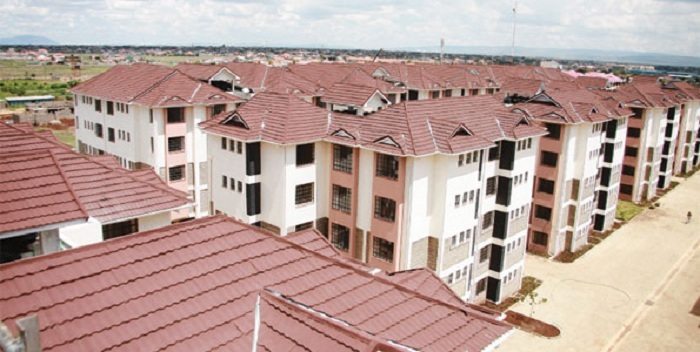Since after the Shehu Shagari and Lateef Jakande days when governments at federal and state levels built low cost housing for low income earners, successive administrations at both levels have been building houses, but for commercial purposes, thus scheming out low income home buyers.
At a media programme recently, Babatunde Fashola, the minister for works and housing, affirmed that the government has been, and will continue to deliver housing through the ministry and its agencies such as the Federal Housing Authority (FHA) and Federal Mortgage Bank of Nigeria (FMBN).
This decision to dabble into an area where they are supposed to be players has always pitched the governments against private sector operators who allege that governments are crowding them out of business, insisting that “government has no business in business, especially housing.”
As part of strategies to revive the economy post-Covid-19, the government is considering embarking on massive housing development and roads construction to generate economic activities and create jobs.
Housing sector developers have commended this thinking, saying however that there are other ways government can go about this and still achieve the same result of providing shelter for the largely homeless Nigerians, creating jobs and, by extension, reviving the economy.
“Alternatively, government can look into reviewing policies surrounding and affecting businesses in the country to support growth of businesses. A lot of businesses have been negatively hit by the pandemic. This cuts across SMEs to large corporations.
“Particularly, estate developers in the private sector can be incentivised towards a more robust housing delivery. Tax holidays can be granted to the housing sector as well as duty waivers on non-luxury building materials,” Gbenga Olaniyan, CEO, Estate Links, advised in an interview with pressmen.
Olaniyan explained that with favourable policies in place, businesses can be resuscitated and investors would be encouraged to come into the country, noting that some of the policies in place in the country have stifled businesses. “Also, loans should be given with favourable payback conditions for both parties,” he added.
According to him, when the commerce of a nation is worked upon, it affects almost every sector, explaining that when this is done, firms could then begin to regain grounds, pay employees and expand such that there would be more money in circulation, leading to a win-win situation for all.
Government has provided subsidies to almost every other industry apart from the real estate industry, Damola Akindplire, managing director of Alpha Mead Development Company (AMDC), noted, saying it was time for government to provide cheap credit to the real estate sector and its value chain.
He added that government should also encourage tax waivers like the Executive Order 7 for private companies that deliver houses below N15 million so that there could be some traction in the affordable housing space.
The government, private sector, professionals, community, and the individual are the five essential participants in delivering affordable housing. Paul Onwuanibe, CEO, Landmark Africa Group, explained to BusinessDay in an interview that each party is distinct yet linked to the group.
“They have direct responsibility for affordable housing to be delivered and to be sustainable. Although each player may act independently even when some or all the other essential players are yet to get on board, a collaborative effort among all the five participants will yield fruitful results,” he stated.
Continuing, he said, “it is worth mentioning that the relation between housing and economic development can sometimes be asymmetrical, meaning that economic growth will automatically lead to housing improvement.”
Source: Businessdayng





